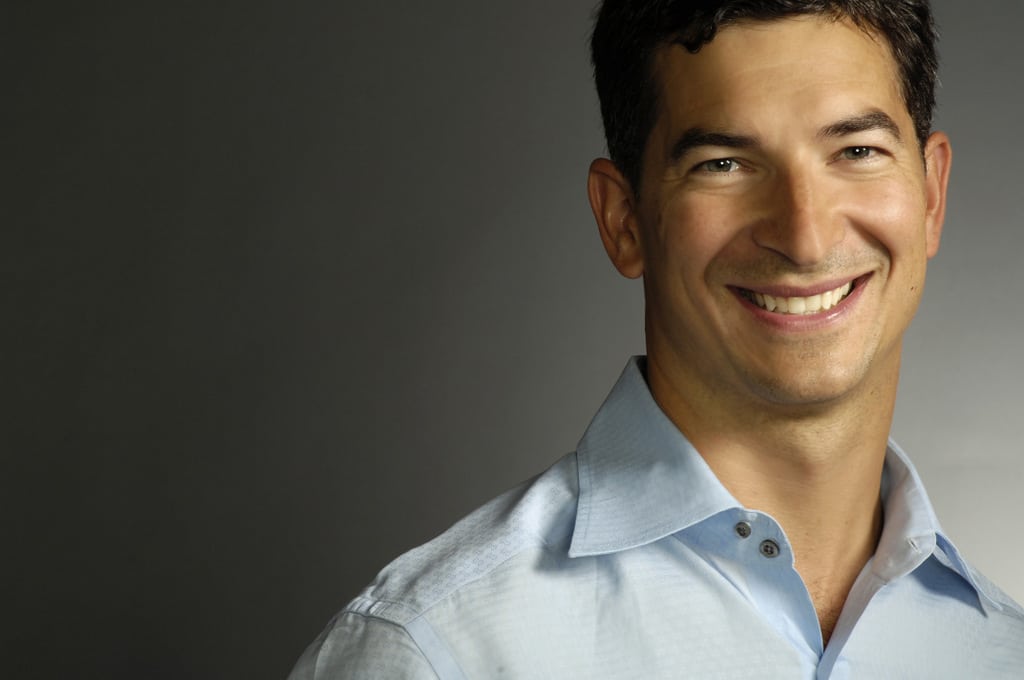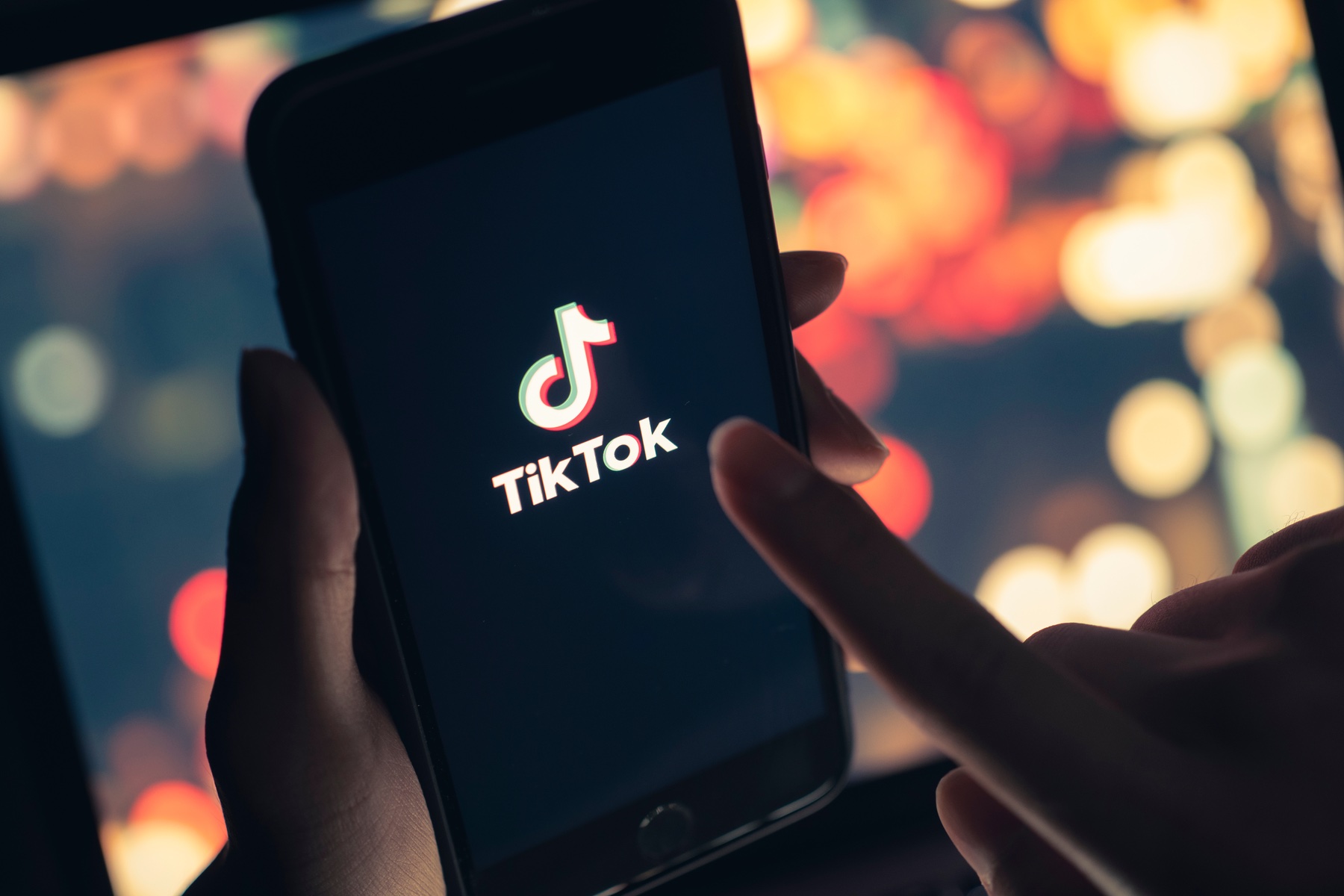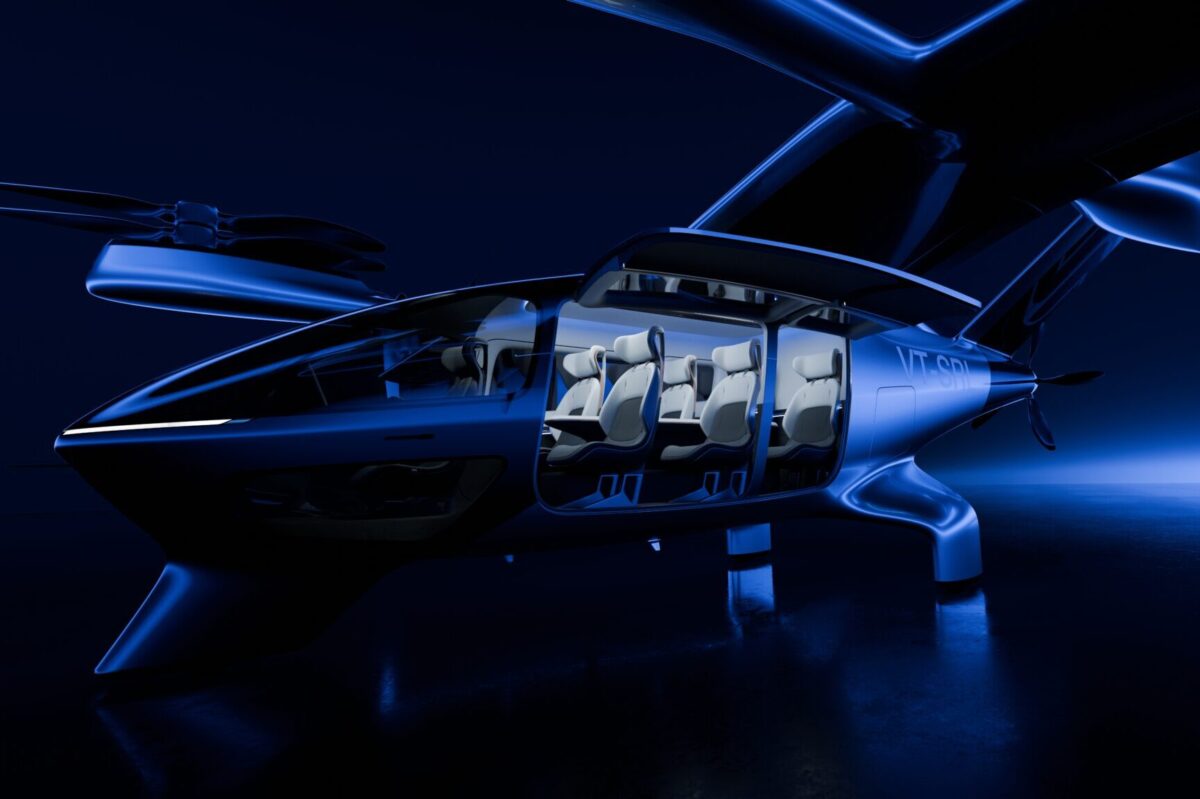Skift Q&A: Kayak CEO on Why Metasearch Competitors Can't Keep Up

Skift Take
Earlier this week we released our latest Skift Trends Report, “Travel Metasearch: What's Coming Next," which takes an inside look at the hottest sector in travel and how it really works. The report conveys how hotel brands, airlines and online travel agencies compete; discusses business models; and provides insights on trends and metasearch best practices. It is the most definitive state-of-the-market report on this big-growth sector in travel.
In preparing the report, Skift spoke with Kayak CEO Steve Hafner about Kayak's life within Priceline, and the state of the industry. Parts of the interview are extracted below.
Six months or so after Priceline completed its $1.8 billion acquisition, Kayak CEO Steve Hafner likes the competitive cards he's been dealt, and it isn't merely about being part of Priceline, with its nearly $60 billion market cap.
For one thing Hafner, who acknowledges that TripAdvisor, Trivago, and Google are formidable competitors, thinks it will be really tough for smaller competitors to break out of the pack and catch up with the larger players.
"You know one thing about being big , Kayak being big, Trivago getting bigger, and TripAdvisor being three times the size of us," Hafner says, "is each of these companies can A/B test lots of different experiments, and as a result of that each of these websites gets 1 to 2 percent better every month. The small guys can’t keep up with that level of innovation."
Size does matter and Hafner says Kayak has benefited from some keen advice from Pricelline on international expansion and search engine marketing. Although you'd be surprised, Hafner says, how independently the Priceline Group brands actually operate.
Bigger isn't always better, though, and Hafner points out that TripAdvisor has performed as an independent company better than it did when it was an Expedia Inc. subsidiary.
Skift: What’s a typical day like at the office these days and how has the operation and the business changed since Priceline’s acquisition of Kayak?
Hafner: It’s pretty much business as usual. Priceline is a traditional holding company so they don’t run us any differently than we ran independently before. So it’s the same team structure, a little more oversight on the legal and financial side, but that’s about it. Commercially we don’t interact that much with the other Priceline Group companies.
Skift: But isn’t there a lot of information-sharing about best practices?
Hafner: You would expect that from the outside, but not really. Most of the brands are fiercely competitive of each other on the marketing and customer acquisition side. And then a lot of the information-sharing is restricted by confidentiality agreements which we have with each of our customers. I hope that’s true at Expedia, as well. I don’t get the sense that Trivago is sharing with Expedia what Booking.com’s transaction count is. It’s pretty much business as usual.
The one thing we have been able to do is expand internationally much more quickly. Before at Kayak we thought, OK, let’s prioritize our market expansion this way, and the Priceline guys were able to say is you should bring this market higher on the list and you should de-prioritzie this other country. At the time of the acquisition we were in 17 markets. By the first quarter of [this] year we will be in 39.
Skift: Now that Priceline owns Kayak and Expedia controls and apparently is investing heavily in Trivago, what do you think that means for TripAdvisor, which doesn’t have an online travel agency dance partner these days? Do you see TripAdvisor becoming weaker because of this changing dynamic?
Hafner: Not at all. TripAdvisor had an online travel agency dance partner for a long time and they’ve done better without it.
Skift: That’s true.
Hafner: I don’t think success in the metasearch environment requires an OTA partner, at all. In some sense it might be an impediment depending on how that OTA partner restricts your freedom to operate in terms of making a level playing field or giving other partners a commercial benefit. TripAdvisor does a great job.
Skift: If Priceline decides that Kayak is becoming such an effective marketing vehicle for the Priceline brands, and Expedia decides its getting its mileage out of Trivago, there could be a reduction of marketing spend on TripAdvisor, no?
Hafner: You could say that, but TripAdvisor is such a big entity, and so many consumers rely on TripAdvisor that every travel brand wants to get more than their fair share of volume from that. That’s completely independent of how Kayak is doing or how Trivago is doing. TripAdvisor is a formidable competitor of ours and they remain so. They don’t need an OTA partner to be more robust.
Skift: You guys pioneered direct booking on metasearch as an alternative to handing off travelers to third-party sites. How do you see that evolving in the future?
Hafner: It is still a modest test on Kayak because we don’t have every itinerary bookable without leaving the Kayak ecosystem. It is not where we need to be. Historically we made searching on Kayak really great, better than every other site, but buying on the Kayak site sucked. And it still sucks for the flight vertical. For hotels and rental cars we pretty much have a bookable Kayak itinerary for just about every option. But on flights we only have for a handful of itineraries, and in 2014 we want to make that change.
Skift: Looking at the big picture, what’s ahead for Kayak and metasearch in general? Besides mobile, besides international, what do you see changing?
Hafner: I think the core premise is going to get better, which is these sites are all going to get more comprehensive. So not every airline, not every hotel or rental car is on each website yet. I think you will see the look and feel of the websites get a lot simpler this year. What we’ve been wrestling with is we all can all show you a ton of information, but it can be overwhelming. How do we make the display algorithm smarter? So we are all working on that.
And actually we are taking our cue on the design side from Airbnb. They just built a beautiful website. And the last part is the fight for consumer awareness and market share. Most of these markets are turning into a three-horse race from eight to 10, and I think over time it’s going to be a one or two-horse race. We are very keen on making sure we are one of the two parties in the room.
Skift: What about the Airbnb design intrigues you?
Hafner: It’s just beautiful and it’s intuitive and from a consumer point of view it gives you just the right amount of information to make a booking decision and it’s not overwhelming. I think they struck a nice balance between exploration versus transaction.
Skift: When you are talking about international and domestic growth, is Kayak done shopping for acquisitions, or are those a possibility in the future?
Hafner: We are always on the hunt for interesting morsels.






